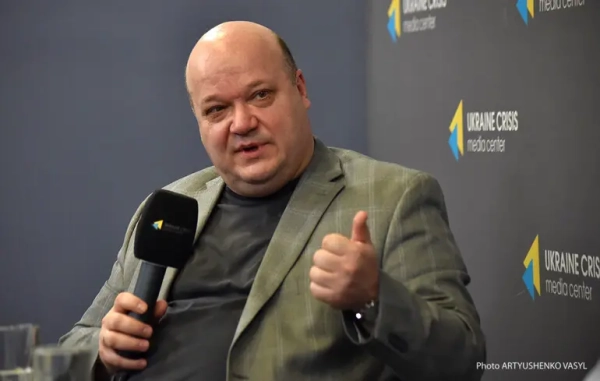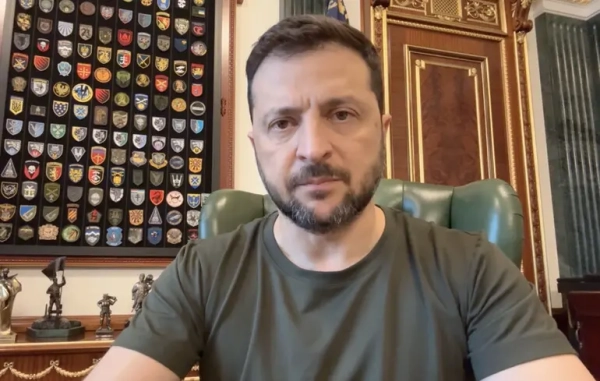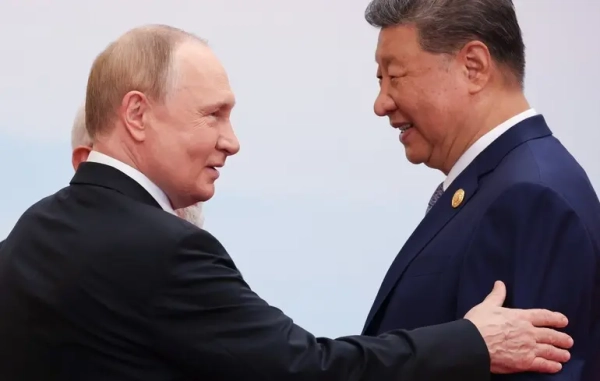
The day after the Marjory Stoneman Douglas High School shooting, President Donald Trump tweeted that people “[m]ust always report” signs that may suggest a person is planning a mass killing. But more than a week later, it’s become clear that many people did report such signs about the shooter, 19-year-old Nikolas Cruz, to police — and law enforcement simply didn’t act.
In fact, law enforcement didn’t act at several points:
At practically every level, law enforcement seemed to fail — allowing Cruz to carry out a massacre that killed 17 people. But there are genuine questions about whether the police could have prevented the shooting even if they had taken the prior tips more seriously.
Could police have prevented the shooting?
In hindsight, it’s easy to say that law enforcement missed a lot of clues and should have been able to intervene. But at the time, reality was a bit messier.
First, for the FBI, there are serious questions about jurisdiction. As Dave Gomez, a former FBI agent, pointed out on Twitter, the red flags raised by tips were largely an issue that the local authorities would have been in charge of handling. In this sense, the FBI still likely failed — since it should have sent the tip to the Miami office, which could have then transmitted the information to the local police.
Putting that aside, let’s say the local authorities did get more involved. It’s not clear-cut what would happen then. The police could have surveilled Cruz, although they likely would’ve needed a warrant. But they couldn’t have just arrested Cruz; they would have needed evidence of a crime to do that.
What happens then depends on the circumstances: Would Cruz have made a credible threat? Would he have shown signs that he’s acting on that threat — like buying a gun? Essentially, police would need to look for evidence that a crime was committed or will soon be committed.
“Is that enough to arrest somebody? Saying, ‘I want to kill somebody.’ I buy a gun,” Jeffrey Ringel, a former FBI agent who now works for the Soufan Group, a security firm, told Vox. “That might be enough.”
The tips that police have publicly acknowledged so far may have fallen short of that threshold. But maybe they would have gotten better evidence if they took the tips seriously and thoroughly investigated Cruz.
There are examples of this working: In Southern California, the authorities allegedly overheard a student threatening to open fire on his school, El Camino High School. They discovered “multiple guns and ammunition” when they searched the student’s home with a warrant. The student was arrested for making a criminal threat.
Would this kind of approach have worked in Florida, though? It’s genuinely hard to say.
Additional reporting by Jennifer Williams.
Sourse: vox.com






